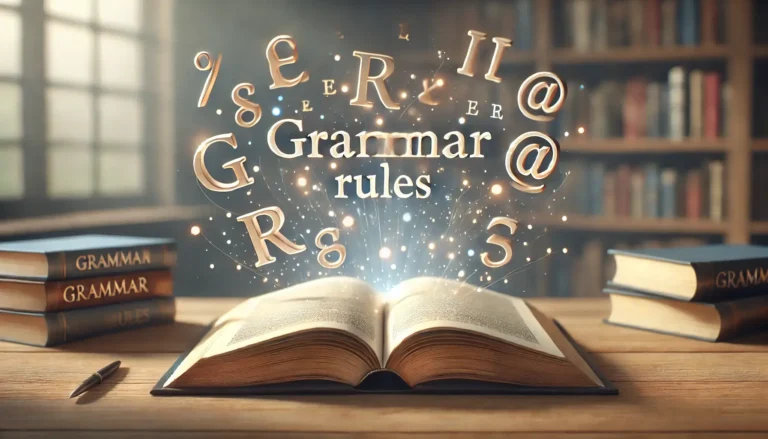Conditional sentences, commonly known as “if-clauses,” express a condition and its possible result. The sentence consists of two parts: the “if-clause,” which presents the condition (e.g., “If you work hard”), and the main clause, which provides the result (e.g., “you will be successful”).
Importantly, the meaning of the sentence remains the same, regardless of the order of the clauses.
Key Points about If-Clauses
- Identify the Type of Conditional Sentence:
- There are three types of conditional sentences, each serving a different purpose:
- Type I: A condition that is possible to fulfill.
- Type II: A condition that is theoretically possible but unlikely.
- Type III: A condition that is impossible to fulfill because it refers to the past.
- There are three types of conditional sentences, each serving a different purpose:
- Position of the If-Clause:
- The “if clause” can be placed either at the beginning or at the end of a conditional sentence. The placement affects the sentence’s emphasis but not its meaning.
Overview of Conditional Types
| Type | Condition |
| I | Condition possible to fulfill |
| II | Condition theoretically possible to fulfill |
| III | Condition impossible to fulfill (too late) |
Structure of Conditional Sentences
| Type | If-Clause | Main Clause |
| I | Simple Present | will-future or (Modal + infinitive) |
| II | Simple Past | would + infinitive |
| III | Past Perfect | would + have + past participle |
Examples of Conditional Sentences
- If-Clause at the Beginning:
- Type I: If I study, I will pass the exam.
- Type II: If I studied, I would pass the exam.
- Type III: If I had studied, I would have passed the exam.
- If-Clause at the End:
- Type I: I will pass the exam if I study.
- Type II: I would pass the exam if I studied.
- Type III: I would have passed the exam if I had studied.
When the if-clause comes at the end, the main clause does not need a coma to separate it.
Affirmative and Negative Sentences
Conditional sentences can be both affirmative and negative, and they can be expressed in either long or contracted forms:
| Type | Examples (Long Forms) | Examples (Short/Contracted Forms) |
| I | If I study, I will pass the exam. | If I study, I’ll pass the exam. |
| II | If I studied, I would pass the exam. | If I studied, I’d pass the exam. |
| III | If I had studied, I would have passed the exam. | If I’d studied, I’d have passed the exam. |
| III (Negative) | If I had studied, I would not have failed the exam. | If I’d studied, I wouldn’t have failed the exam. |
Notes:
- In conditional sentences, you can often substitute “would” with other modal verbs like “could” or “might,” depending on the intended meaning. Occasionally, “should,” “may,” or “must” may also be appropriate.
Conclusion
Understanding the different types of conditional sentences and their structures is crucial for expressing conditions and outcomes clearly and effectively. Whether you’re dealing with real, hypothetical, or impossible situations, mastering the use of “if clauses” will enhance your ability to communicate complex ideas in English.







